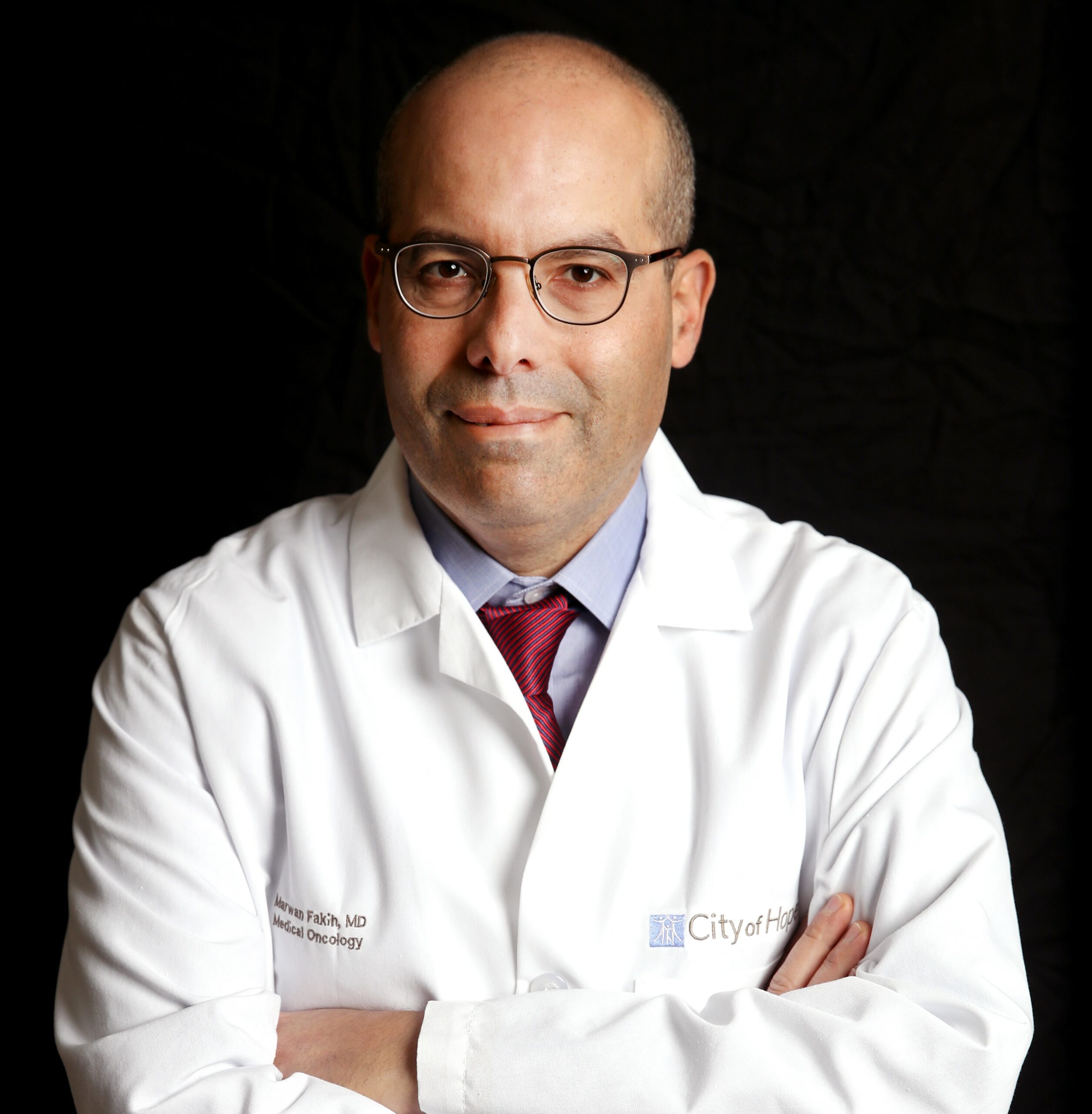
Summary:
In recent years, there has been an increased focus on non-operative management in patients with rectal cancer experiencing complete responses with total neoadjuvant therapy. However, despite aggressive approaches, only 50% of patients achieve a complete clinical response. Thus, there is a need to increase the rate of complete clinical responses so patients can ultimately avoid surgery and radiation therapy. A recent study found that the combination of chemotherapy and an ICI (PD-1 inhibitor) induced a complete pathological response in a substantially higher amount of high-risk rectal cancer patients than chemotherapy and surgery. ICIs work by blocking cancer cells’ ability to hide themselves from cancer killing T-cells by targeting PD-1/PD-L1 and CTLA-4. Therefore, the investigators hypothesize that adding a CTLA-4 inhibitor to a PD-1 inhibitor and chemotherapy will only further enhance the chances of these complete responses. This phase II study will assess the complete response rate of neoadjuvant FOLFOX chemotherapy in combination with botensilimab (CTLA-4 inhibitor) and balstilimab (PD-1 inhibitor) in patients with newly diagnosed localized rectal cancer. Botensilimab is a novel CTLA-4 inhibitor that has demonstrated improved activity in comparison to other FDA approved CTLA-4 inhibitors. This study is the first to evaluate the combination in localized rectal cancer. If successful, it will provide a new treatment modality for localized rectal cancer that spares patients from the long-term side effects of radiation therapy and avoid surgery.
Trial Registration: ClinicalTrials.gov Identifier: NCT06780787
